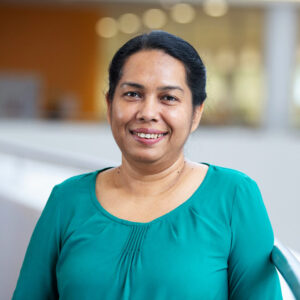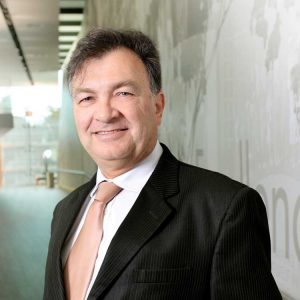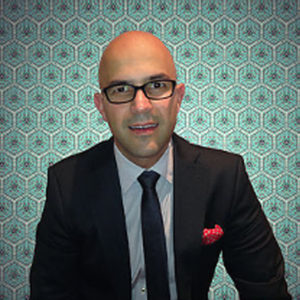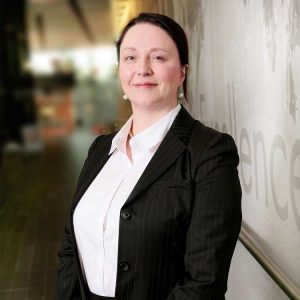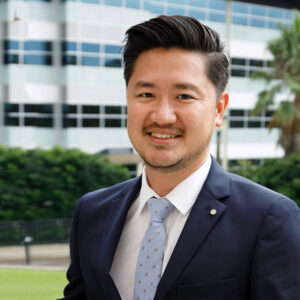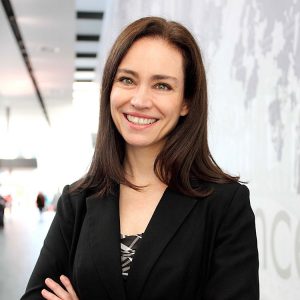MEDICAL ONCOLOGIST
DR JOSIE RUTOVITZ
MBChB FRACP
ABOUT Josie
Dr Rutovitz graduated with MBChB from the University of Pretoria, South Africa in 1981 and undertook post-graduate training at University of Witwatersrand, Johannesburg, South Africa until 1987.
He migrated to Australia in 1988 and completed the Australian Medical Entrance Certification exam.
He subsequently repeated Medical Registrar training in Internal Medicine and Medical Oncology at Concord and Westmead Hospitals, obtaining Fellowship to the Royal Australasian College of Physicians in 1992.
Josie commenced private practice at Hornsby in 1994. In 2015, the practice (Northern Haematology & Oncology Group) relocated into the new Integrated Cancer Centre at the Sydney Adventist Hospital.
Dr Rutovitz is an active VMO at Sydney Adventist Hospital in medical oncology and at Hornsby & Kuring-gai Hospital in both medical oncology and general medicine.
Dr Rutovitz is a member of ASCO, ESMO, MOGA, COSA, IBSG and AGITG.
Specialist Expertise:
- Breast cancer
- Lung cancer
- Gastro-intestinal malignancies
- General oncology
- Clinical trials
Medical Oncologists are specialist physicians trained in diagnosing and treating cancer using chemotherapy, immunotherapy, hormonal, biological and targeted therapies.
Clinical Haematologists are specialist physicians trained in diagnosing, treating and preventing malignant and non-malignant diseases of the blood and bone marrow.
Palliative care is an approach that improves the quality of life for patients and their families facing the problem of a life-threatening illness through the prevention and relief of suffering by the treatment of pain and other problems - physical, psychosocial and spiritual.
A genetic oncologist is a medical oncologist who specialises in inherited cancer. Genetic oncologists provide genetic testing, risk assessment and risk management advice for individuals, including those who have not had a cancer, and their families.
Our Clinical and Consulting Psychologists have expertise in supporting patients and their families affected by a diagnosis of cancer. Psychological interventions can help improve the quality of life and well-being of those dealing with cancer. The provision of emotional support alongside medical interventions is now considered "best practice care".




